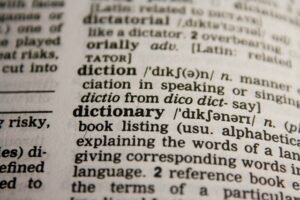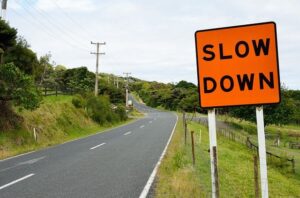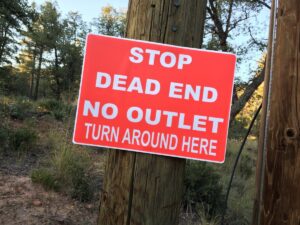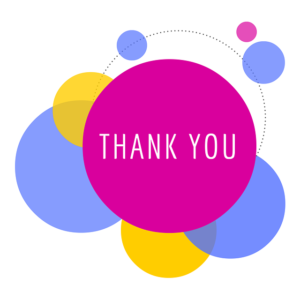Part 1
Several weeks ago, I did a spotlight on Moose Creek Creations and introduced you to my friend, Renee Morhain.
In that post, I talked about THIS future post – Perception and Judgment, and the lesson she taught me.
First, I’d like to start this off with a little vocabulary lesson.

Judgment: an idea that is believed to be true or valid without positive knowledge; an opinion on the nature, character, or quality of something
Judgmental: given to making or expressing unfavorable judgments about things
Most people understand the meaning of judgment- as well as the connotation. Oftentimes, in an effort not to look “judgmental”, we try to use different words, such as “constructive criticism”, “advice”, “recommendation” or “suggestion”. We try to use another word that doesn’t make it look so blatantly obvious that we are judging someone… and finding them lacking in some way.
Rather than repeating the words we so commonly see, I’d like to expand your vocabulary a bit… These words may not be part of your vernacular today, but with a little practice, you can work them into your conversations, then judge people when they don’t understand what you are saying…
Let’s learn some NEW words…
New Vocabulary Words
Caviling: to raise irritating and trivial objections; to find fault with unnecessarily (usually followed by at or about):
He finds something to cavil at in everything I say.
Captious: marked by an often ill-natured inclination to stress faults and raise objections; proceeding from a faultfinding or caviling disposition
The Back Story
I don’t actually remember what started the conversation or how the topic came up.
What I DO remember is that I said that poor spelling was a pet peeve of mine and that I didn’t understand why people couldn’t take the time to check their spelling and correct their grammatical errors. (For fun, you can leave snide comments remarking on the number of spelling and grammatical errors you find in this post- that should be sufficient to humble me a bit.)
Renee was silent for a long moment, then quietly said, “I have dyslexia.”
Open Mouth, Insert Foot
Yeah, I got it wrong.

For those who don’t know, Dyslexia is neurological learning disability, or, in simpler language, a language-based learning disorder that affects the ability to read, write, spell and speak.
Most people know dyslexics as people who get their D’s and B’s mixed up, or write their S backwards. However, it is more than that. Dyslexia affects areas of the brain that process language.
She then went on to explain the challenges she faces every day, the steps she takes to prepare in advance to minimize the impact of her Dyslexia and, most importantly (for this post) the concern and fear she had about WHAT I HAD JUST DONE: I had passed judgment without knowing the facts. I had taken my perceptions and told myself a story: That people who misspell words and have poor grammar are too lazy to learn to do it right. And the story I was telling myself was WRONG.
The Lesson
Renee’s words were a necessary reminder that I should NOT to judge what I don’t understand. And she is living, breathing proof of the wrongness (is that even a word?) of my thinking. As I’ve come to know Renee over the years, I’ve been more and more impressed by her intense work ethic, unflinching integrity, open & caring heart, and passion for… life.
I often reflect on our conversation as a reminder to myself to slow down and change course whenever I find myself on a judgment journey.


Her lesson dovetails into another insight I once heard about why people are so critical of others…. and when I examined my own behavior, I realized it rang true much more often than I am comfortable admitting.
The explanation is this:
We seek out and find fault in others as a way to distract ourselves from our own insecurities and shortcomings.
This was a bitter pill to swallow, but I recognized the truth when I saw it.
I realized that when I thought back to the times I had been critical and judgmental, the underlying cause was usually my own insecurity, frustration, etc. Now, when I see my critical spirit emerging, I try to stop, reflect and identify why I might be feeling so insecure that I choose to focus on what I perceive to be the “lack” in others, all in a vain effort to feel better about myself.
Since that time, I try even harder to be very deliberate about my word choice, inflection and tone when I speak (unless I’ve lost my temper AND self-control, then all bets are off). I pause and ask myself, “Where is this coming from? Is this a genuine desire to help, or is this stemming from my own issues?”
I’ve adopted these strategies in an effort to address and suppress the harmful nature of my perception & judgment cycle.
Sometimes I am successful, and sometimes… I’m a jerk.
I’ll keep trying… to do better and be better.
Renee’s lesson has stayed with me. And the impact of that brief lesson is greater than she realizes.
Thank you, Renee!













